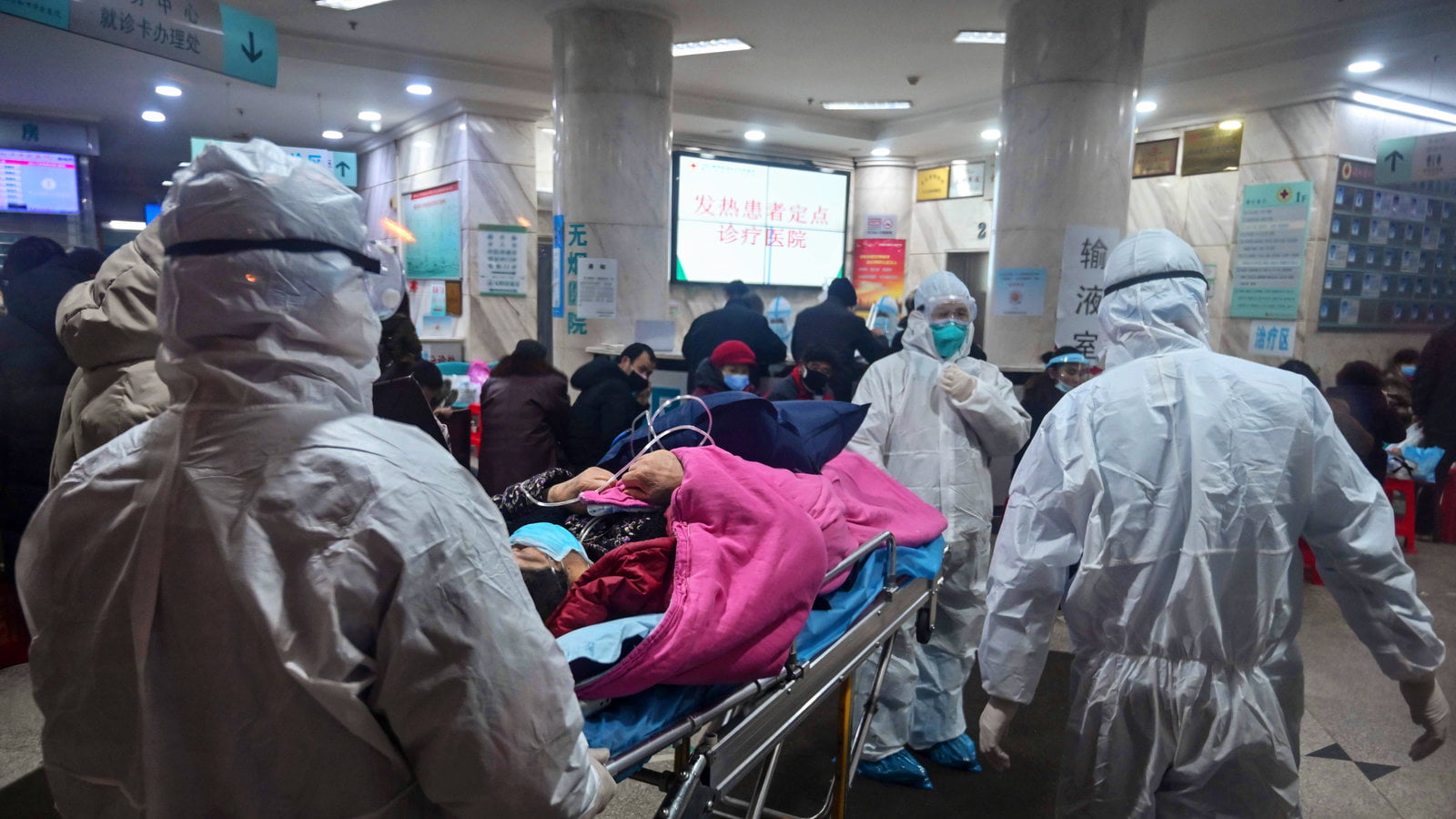World News
Lockdown May Continue Till 2022 – Scientists

A one-off lockdown won’t halt the novel coronavirus and repeated periods of social distancing may be required into 2022 to prevent hospitals from being overwhelmed,
Harvard scientists who modeled the pandemic’s trajectory of COVID-19 has said a one-off lockdown won’t halt the virus and repeated periods of social distancing may be required into 2022 to prevent hospitals from being overwhelmed.
The reports came as the US tops on the cases of the pandemic and plans on easing of tough lockdown measures.
The new report by the Harvard team’s computer simulation, which was published in a paper in the journal Science, assumed that COVID-19 will become seasonal, like closely related coronaviruses that cause the common cold, with higher transmission rates in colder months.
The authors however note that much remains unknown, including the level of immunity acquired by previous infection and how long it lasts, the authors said.
“We found that one-time social distancing measures are likely to be insufficient to maintain the incidence of SARS-CoV-2 within the limits of critical care capacity in the United States,” lead author Stephen Kissler said in a call with reporters.
“What seems to be necessary in the absence of other sorts of treatments are intermittent social distancing periods,” he added.
He noted further that widespread viral testing would be required in order to determine when the thresholds to re-trigger distancing have been crossed, said the authors.
The duration and intensity of lockdowns can be relaxed as treatments and vaccines become available. But in their absence, on and then off distancing would give hospitals time to increase critical care capacity to cater for the surge in cases that would occur when the measures are eased.
“By permitting periods of transmission that reach higher prevalence than otherwise would be possible, they allow an accelerated acquisition of herd immunity,” said co-author Marc Lipsitch.
Conversely, too much social distancing without respite can be a bad thing. Under one modeled scenario “the social distancing was so effective that virtually no population immunity is built,” the paper said, hence the need for an intermittent approach.
The authors acknowledged a major drawback in their model is how little we currently know about how strong a previously infected person’s immunity is and how long it lasts.












